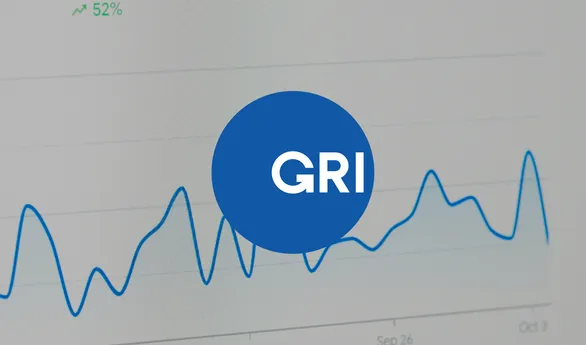At ChangeNOW, we spoke to C-level executives and sustainability experts about how best to scale corporate climate action. Read on to get the latest insights.
Is the corporate decarbonization race on?
At ChangeNOW, we saw a shift in conversations with corporate executives. They didn’t ask about the impact of recycling paper or meat-free Mondays. Instead, they were looking for solutions to decarbonize their organizations at scale.
Here are our 5 takeaways.
🤝🏿 Collaboration is key
Most small and medium-sized enterprises don’t have the resources or incentives to tackle their emissions head-on. But their corporate partners depend on them to deal with their indirect emissions (scope 3). That’s why sustainability partner programs like HP Amplify Impact are essential to bridge this gap and spread climate action across industries globally.
⚖️ Regulations serve as a catalyst
Even if they know that decarbonization can help drive innovation and future-proof their operations, corporate executives told us that regulations are the most effective way to accelerate their transitions and hold them accountable to meet climate targets. But the question of what should and can be reported is still on the table.
🌾 Climate investments contribute to building a better future
They help slow down global warming and support initiatives that benefit people and the planet, such as Microsol’s cookstoves or La Voute Nubienne’s earth roofs. With Time For The Planet, we co-hosted the launch of climate dividends, an UN-backed indicator to measure the impact of financial contributions to certified projects.
🌍 Carbon management is becoming mainstream
Education is the first step to correctly reducing carbon emissions. Our team was pleasantly surprised to see people not only asking for carbon solutions but also seeking to understand how the process of carbon measurement works. In the same way “company culture” has gone mainstream, the topic of carbon is becoming increasingly central to conversations about building a business that lasts centuries.
☯️ Binary thinking isn’t the solution
As a result of greenwashing, there’s a lot of mistrust toward corporate climate action. But decarbonization is a journey that’s not just good or bad. It’s a considerable process that takes time, trial and error, to change the way a company has been operating for years.
Wherever you are in your climate journey, our top tip is to track and back your progress with data. This will make your investors, customers, and regulators happy, and prevent you from falling into the greenwashing trap.
Want to learn how to collect the right data to inform your reduction roadmap? Get in touch




